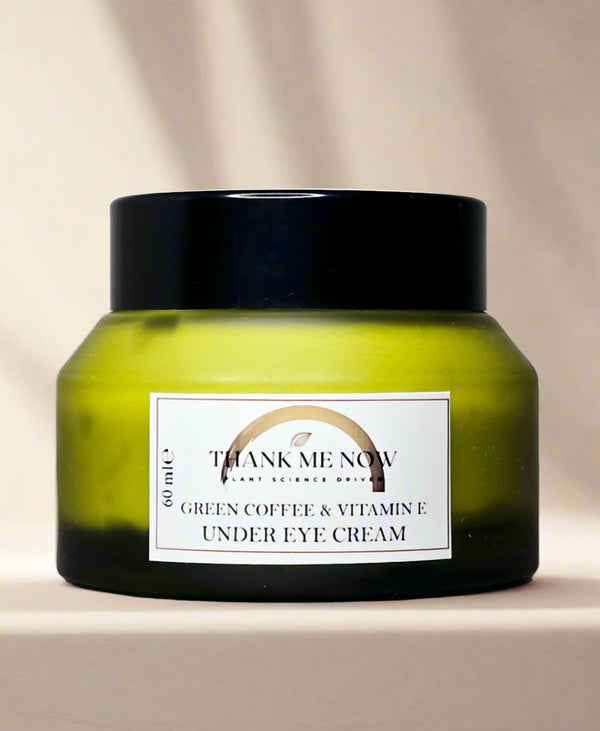
Vitamin C (Ascorbic Acid) – Benefits, Side Effects & Uses
Vitamin C is a brightening antioxidant that supports collagen production and helps protect skin from environmental stressors such as UV damage and pollution [PubMed Study].
✨ What is Vitamin C?
Vitamin C (ascorbic acid) is a water-soluble antioxidant naturally found in the skin. When applied topically, it helps reduce free radical damage, support collagen synthesis, and visibly improve skin tone.
💛 Key Benefits
- Brightens and evens skin tone [PubMed]
- Boosts collagen for firmer, smoother skin
- Protects against free radicals and pollution
- Helps fade dark spots and hyperpigmentation over time
🌤️ Who Should Use It?
- Anyone with dull or uneven skin tone
- Those targeting dark spots or discoloration
- Normal to oily skin types (L-ascorbic acid is ideal)
⚠️ Who Should Avoid It?
- Very sensitive skin types (try gentler derivatives like magnesium ascorbyl phosphate)
- Those easily irritated by low-pH formulas
☀️ How to Use Vitamin C
- Apply in the morning before moisturizer and SPF [Study]
- Pairs perfectly with sunscreen to enhance photoprotection
- Avoid layering directly with strong exfoliants to prevent irritation
🌟 Verdict
Vitamin C is a must-have daytime antioxidant! Start with a lower concentration if you have sensitive skin or opt for stable derivatives. For best results, use daily with sunscreen.
❓ FAQs
Is Vitamin C safe for sensitive skin?
Many find it tolerable—just patch test first [DermNet NZ].
Can I combine Vitamin C with other actives?
Yes, but introduce slowly. Avoid over-exfoliating to minimize irritation.
How long until I see results?
Usually within 4–8 weeks of consistent daily use [PubMed].

